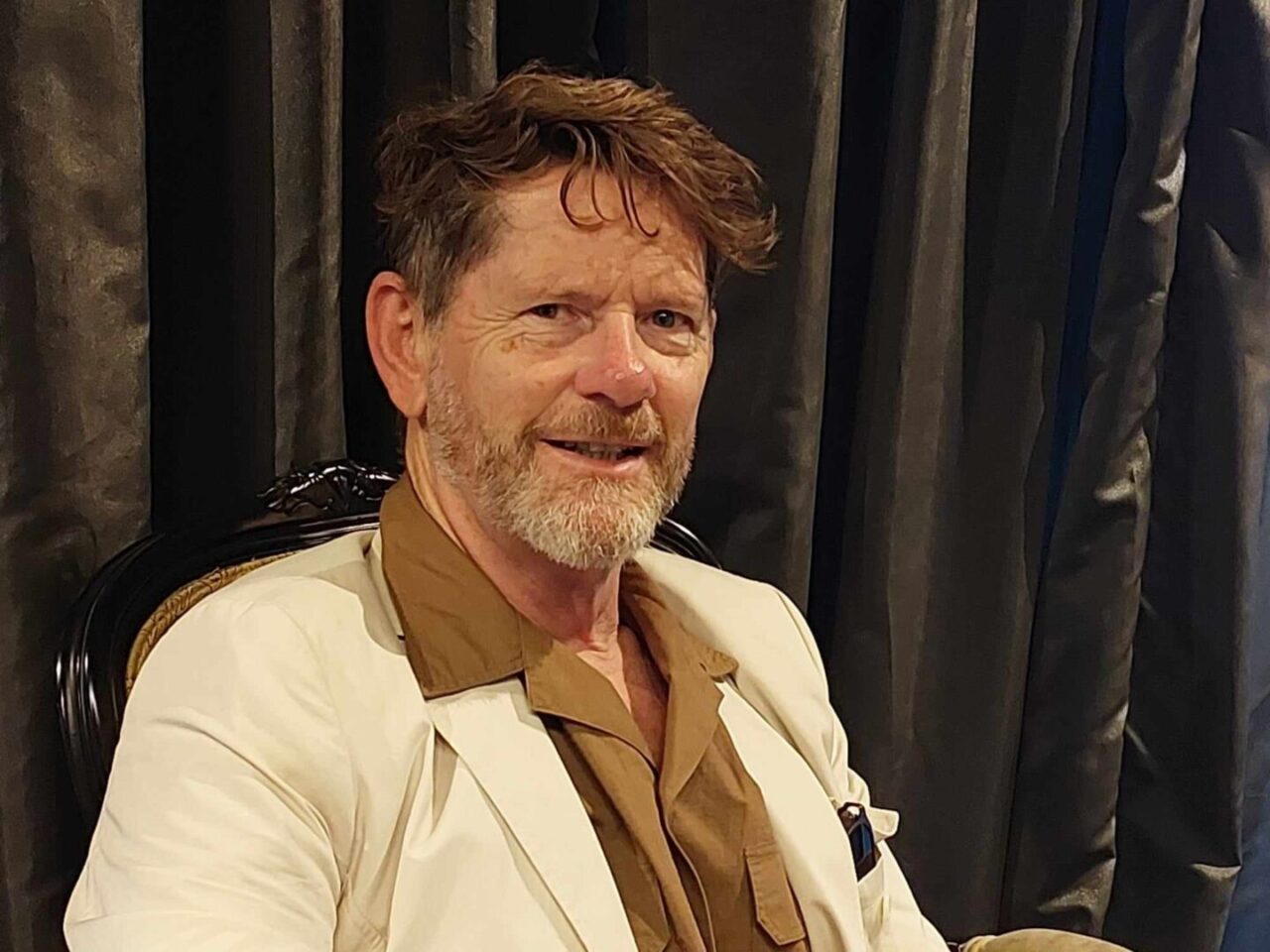As part of our member engagement process, EAAA undertakes both online and face-to-face conversations with our members to discuss current projects and how we can support or enhance their work.
Following our Board meeting in February, Co-Chairs Diedre Timms and Sue Leitch, accompanied by Executive Officer Bev Lange, spoke to three of our members - Graeme Westaway from Better Place Australia, Charelle Jackson and Margaret Clark from VACCHO and Debra Nicholl from Elder Rights Advocacy.
We'll be sharing highlights from these discussions, beginning with Graeme Westaway from Better Place Australia.
What’s Better Place’s main focus at the moment?
We want to ensure the mental health and well-being of all our clients. For older people, we find that keeping them in an environment that’s familiar and safe to them as long as possible benefits this. That’s why we’re keen to support them in staying at home, with appropriate and relevant services.

However, when they or the people who care about and for them decide it’s time to move from home to a facility, we need to consider the mental health implications for both the family and the older person. Providing support for everyone, giving them the information they need and making the process as smooth and simple as possible is so important.
Plus, we need to be sure that any decisions that are being made are with the full understanding and consent of the older person, wherever possible. I think there’s a lack of appreciation of the challenges faced by older people in this situation. The family may be using more of their resources than the older person realises or may even be using a Power of Attorney to control the older person.
Sometimes they may feel like they’re losing their agency, that the process and decisions about finances, for example, are being swept out of their hands. Keeping them informed, listening to their concerns and supporting them is crucial for a transition to care that doesn’t cause them too much anxiety.
Mental health support workers play a very big part in this. They can consider and respond to the family dynamics as well as working with the older person.
With this in mind, we’re also looking at a long-term project involving support people such as personal care attendants and registered nurses. This project will involve looking at the mental health impacts of moving from home to aged care for an older person and will also include what the family observes.
Have you noticed any trends from the clients you’ve been seeing?
We’ve noticed that financial elder abuse cases are on the increase and are becoming more complex. And of course, it’s often not just one type of abuse the older person is experiencing. When it comes to these issues, there will be several experts required to support the older person, not just one.
We also provide non-legal support services for at-risk or people experiencing abuse. We’ve had 1000 cases over the last three years and we’re currently analysing the data from these cases to determine trends and other factors.
Are there any other projects you’re working on?
There are a number of elder abuse prevention network groups in Victoria. I’m the Chair of the Elder Abuse Prevention Network and I’m encouraged that we’re meeting more regularly and are working on more consistent messaging and developing a community of practice group.
The key of course is working more closely with the community and, for example, local government. It’s terrific that we have access to members of the community and people in the field that are providing support but we do need to make sure that our language and messages are clear, simple and consistent.
We also need to be mindful about the language we’re using. Casual ageism is an ongoing issue and needs to be addressed as are the media’s portrayal of older people. The is Framing age message guide a particularly useful resource for communicating in a more supportive way.
Is there anything else you’d like to add?
We’re really looking to the Turn Up The Volume! conference in July and hope to meet many other members and community members there.
If you would like to speak to our Board Co-Chairs, please contact James Thomas, Membership Coordinator by emailing james@eaaa.org.au
Graeme can be reached via email Graeme.Westaway@betterplace.com.au or visit the Better Place website